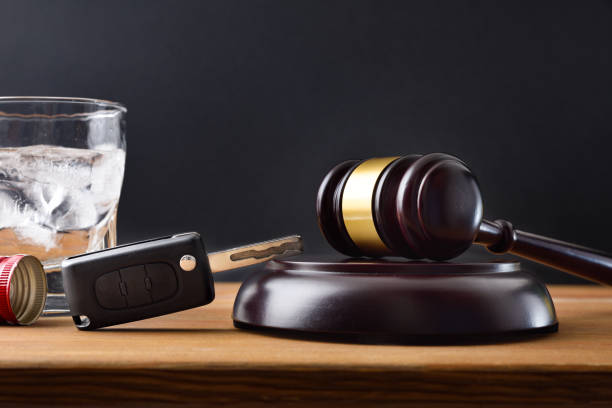In Malaysia, the process of obtaining a liquor license can seem like navigating a maze of regulations and bureaucracy. However, with the right guidance and understanding of the legal framework, businesses can successfully secure the necessary permits to sell alcoholic beverages. This article aims to provide a comprehensive overview of the liquor license application process in Malaysia, including the requirements, procedures, and considerations involved.
Understanding Liquor Licensing in Malaysia
The sale and consumption of alcoholic beverages in Malaysia are regulated by various laws and regulations, primarily under the purview of the Customs Act 1967 and the Excise Act 1976. These laws govern the production, importation, distribution, and sale of alcoholic beverages, including the issuance of liquor licenses to businesses intending to sell such products.
Businesses seeking to obtain a liquor license Malaysia must adhere to strict guidelines and fulfill certain criteria set forth by the authorities. The type of license required depends on the nature of the business, whether it’s a restaurant, bar, hotel, or retail establishment.
The Application Process
The liquor license application process in Malaysia typically involves several steps, each requiring careful attention to detail and compliance with regulatory requirements. Here’s a brief overview of what businesses can expect when applying for a liquor license:
- Preparation of Documents: The first step is to gather all the necessary documents required for the application. This may include business registration documents, floor plans, and a detailed description of the intended premises.
- Submission of Application: Once all the required documents are in order, the application must be submitted to the relevant authorities, such as the Customs Department or the Local Council.
- Inspection and Approval: Authorities may conduct site inspections to ensure that the premises meet the necessary safety and hygiene standards. Upon satisfactory inspection, the application will be reviewed, and if everything is in order, the liquor license will be issued.
- Payment of Fees: Businesses are required to pay the applicable fees for the issuance of the liquor license, which may vary depending on factors such as the type of license and the duration of validity.
- Compliance with Regulations: Once the liquor license is obtained, businesses must ensure ongoing compliance with all relevant regulations, including restrictions on operating hours, advertising, and the sale of alcohol to minors.
Conclusion
Obtaining a liquor license in Malaysia is a meticulous process that requires careful planning, preparation, and adherence to regulatory requirements. By understanding the legal framework and following the prescribed procedures, businesses can navigate the complexities of liquor licensing with confidence. Whether it’s a restaurant looking to enhance its offerings or a retail establishment seeking to expand its product range, securing a liquor license opens up new opportunities for growth and profitability in Malaysia’s vibrant hospitality industry.
